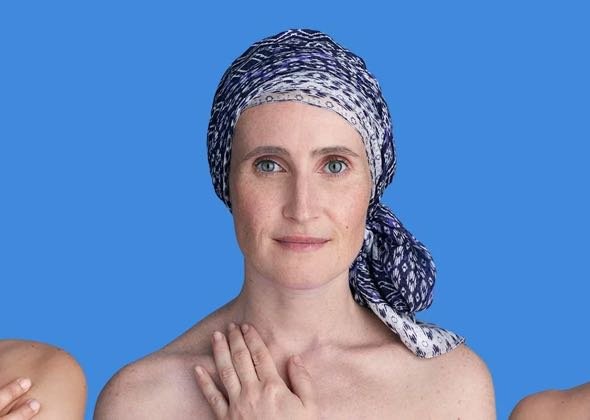Are you a basketball bouncer, a disco dancer or a kung fu master? There are so many sports out there to enjoy, but exercise can be an atopic eczema trigger for skin rashes and flare ups that itch. We say that atopic-prone skin should never get in the way of kids’ having fun and playing sports, so here’s a quick guide to using the right cream and caring for your skin like a champion!
SPLASH! SWIMMING FOR CHILDREN AND TODDLERS
WITH ATOPIC-PRONE SKIN
Apply atopic-prone skin cream before and after swimming
There’s nothing quite like gliding through the water like a fish. But a little care is needed as both swimming pool and sea water can annoy your atopic eczema-prone skin. Before you dive in, put some LIPIKAR Baume AP+ cream on. After you get out, rinse off in the shower, then reapply some Baume on your rashes.
SPORTS KITS AND ATOPIC ECZEMA
IN CHILDREN
Choose the right kit to avoid skin rashes that itch
If you play football, judo or do ballet etc., you might have to wear a kit or special clothes. Often these outfits are made out of polyester (rather than skin’s breathable best friend, cotton) and this can make them feel scratchy. So always apply your atopic eczema-prone cream before you get your kit on. And try wearing a cotton vest or t-shirt underneath anything that isn’t made of cotton to protect your skin.
WORKING UP A SWEAT
WHEN YOU HAVE ATOPIC DERMATITIS
Sweat is a top atopic eczema trigger
Whatever sport you choose, make sure you do a nice slow warm-up to avoid getting too hot too quickly which can be a trigger for flare ups. Be sure to take little breaks when you can to drink water and cool off. A great tip is to refresh skin with a Thermal Water spray during your breaks! Sweat can also be a trigger if it stays on skin too long. Rinse it off in a lukewarm shower (about 32°C for 5-10 minutes), pat skin dry with a cotton towel and be sure to put some Baume atopic-prone skin cream on after.
ATOPIC ECZEMA IN CHILDREN AND SPORTS:
WHEN IT’S BEST TO SIT OUT
During severe atopic eczema flare ups it’s best to watch from the side-lines
Sport and exercise are wonderful for your health and happiness. But occasionally your best bet is to cheer your friends on from the side-lines. Here’s when:
- on the hottest and coldest days of the year
- when your atopic eczema has got infected
- when you have scratched so much your skin is red raw
- when you are having an eczema flare-up (a super itchy few days)
ON-THE-GO ATOPIC-PRONE SKIN CREAM
FOR TODDLERS AND CHILDREN
A Stick format cream can be used anywhere
Whatever sport you are playing, keep your LIPIKAR Stick AP+ in your pocket. It is a super effective specialized cream for atopic-prone skin in the form of a Stick for toddlers and children. If you feel an itch, grab it and swirl it around on your skin to zap itches in their tracks!
Remember the golden rule: “Never let atopic eczema stand in your way. Just find ways round it!” That way you can concentrate on becoming a sports’ champion… Or at least have fun trying!



